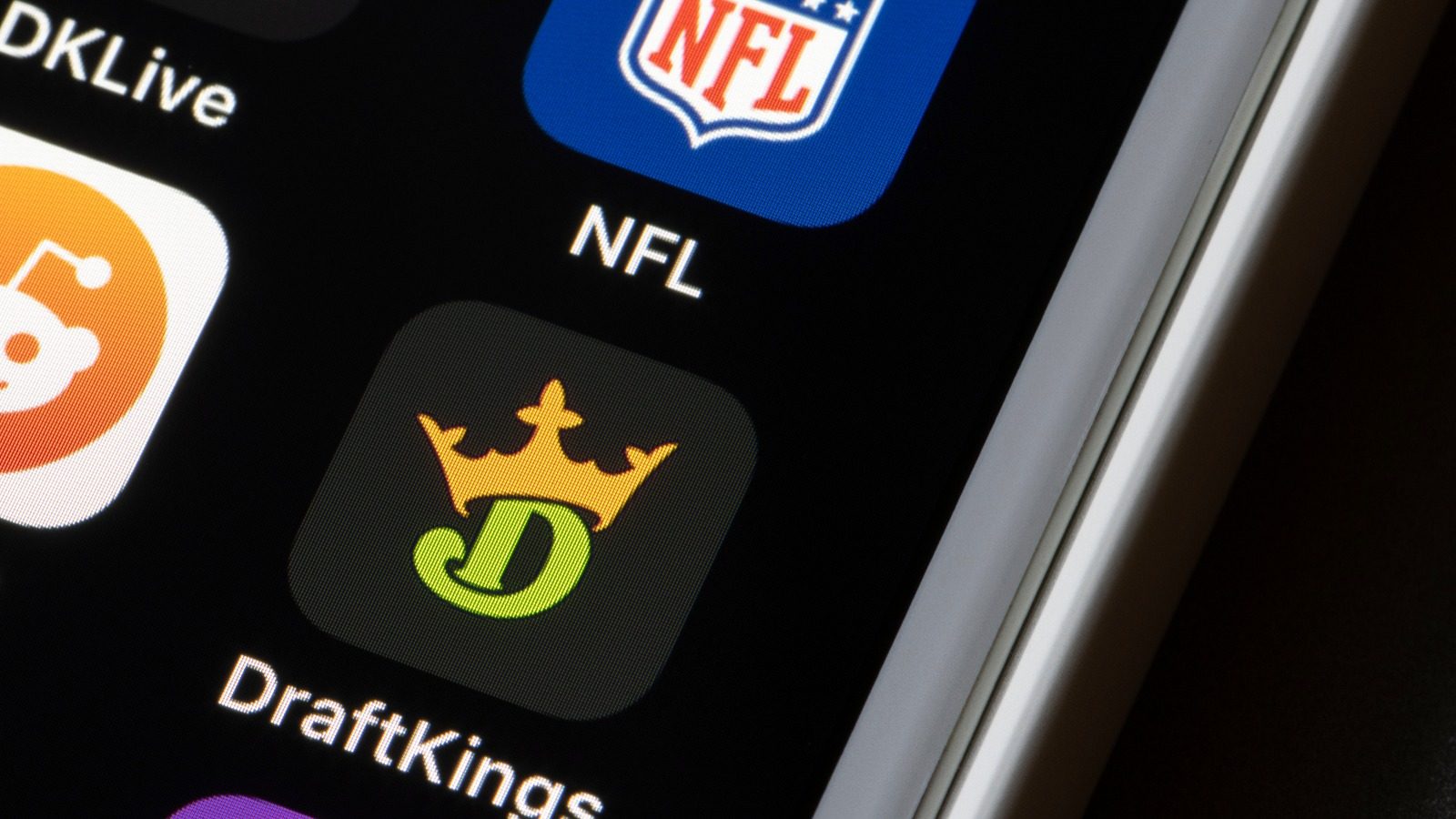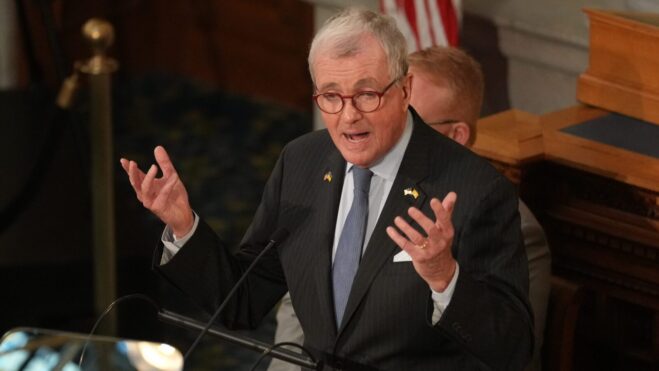Academics: Online Sports Betting Doesn’t Hurt Retail Casinos
Study does indicate, though, that lawmakers must weigh benefits against social harms
2 min

Over the last year, regional casino companies Churchill Downs, Inc. (CDI) and the Cordish Companies have argued vehemently in state legislatures that online casino will damage their businesses. But a new academic study suggests that digital sports betting is complementary to, and in some cases helps grow, retail casino business — and that lawmakers should consider this when shaping policy.
“Rather than harming existing casino industries, online sports betting appears more likely to either complement casino activity or operate independently, allowing states to capture additional gambling tax revenue without sacrificing existing casino tax streams,” study authors wrote. “This pattern may be particularly informative to states with established casino industries that have been concerned about potential cannibalization effects from sports betting legalization.”
University of Maryland’s Robert H. Smith School of Business authored the study, along with co-authors from the SMU Cox School of Business and UC San Diego Rady School of Management.
The study comes at a time when the question of cannibalization is a hot issue in states considering legalizing online casino. In Maryland, in particular, regional casino companies are lobbying against legalized digital casinos — and also lobbied against adding sports betting. In both cases, they argue, digital gambling may well help drive consumers to brick-and-mortar casinos, but not all casinos benefit.
In addition, Cordish’s Mark Stewart told a Maryland senate committee in January that the monetary investment in a state for digital platforms pales compared to brick-and-mortar casinos. He said his company invested $500,000 and hired one person to launch its Pennsylvania platform vs. $900 million and 3,000 employees for physical facilities.
Conceptually, online and retail gambling have a synergistic relationship, but in a market with both big, national companies and regional operators, it is often the biggest casinos that benefit while the smaller casinos say they lose foot traffic.
Retail + digital launch good for casinos
With regard to the relationship between digital sports wagering and casino, study authors found that how legalization happens — in tandem or one after the other — makes a difference.
Per the study — titled the “The Effects of Sports Betting Legalization on Consumer Behavior, State Finances, and Public Health” — in states in which digital and retail sports betting were legalized and launched “near concurrently,” spend at in-state physical casinos went up $0.20 per customer per month. In states with digital betting only or where online wagering followed digital wagering, the change in spend was “statistically insignificant.”
In Tennessee, which has no in-person casinos and only offers digital wagering, consumers spent an average of $0.07 per month more at out-of-state retail casinos.
On balance, the study authors wrote, “online sports betting legalization does not come at much expense to local casino industries.” They also wrote that digital sports betting should not be thought of as a “meaningful substitution” for brick-and-mortar casinos.
Gambling helplines busier
The study also revealed a 20% increase in mass-market alcohol purchases in legal digital sports betting states, as well as a 75% uptick in calls to the gambling helplines.
According to the study, the states benefit greatly in a financial sense from the taxes collected after the introduction of digital sports betting.
“These revenue effects provide quantifiable benefits that policymakers can weigh against the potential social costs documented in our analysis of irresponsible gambling behaviors, informing evidence-based policy decisions regarding legalization and regulation of gambling,” the authors wrote.
Among other findings, the study revealed that gambling spending rose 369% in legal online gambling states, and problems gambling rates rose by 372%.
Study authors reviewed credit-card spending and transfers from 1.2 million credit card users from 23 states between January 2019 and September 2023. The authors also looked at data from 11 states with “differing patterns of legalization across online and offline gambling channels.”






